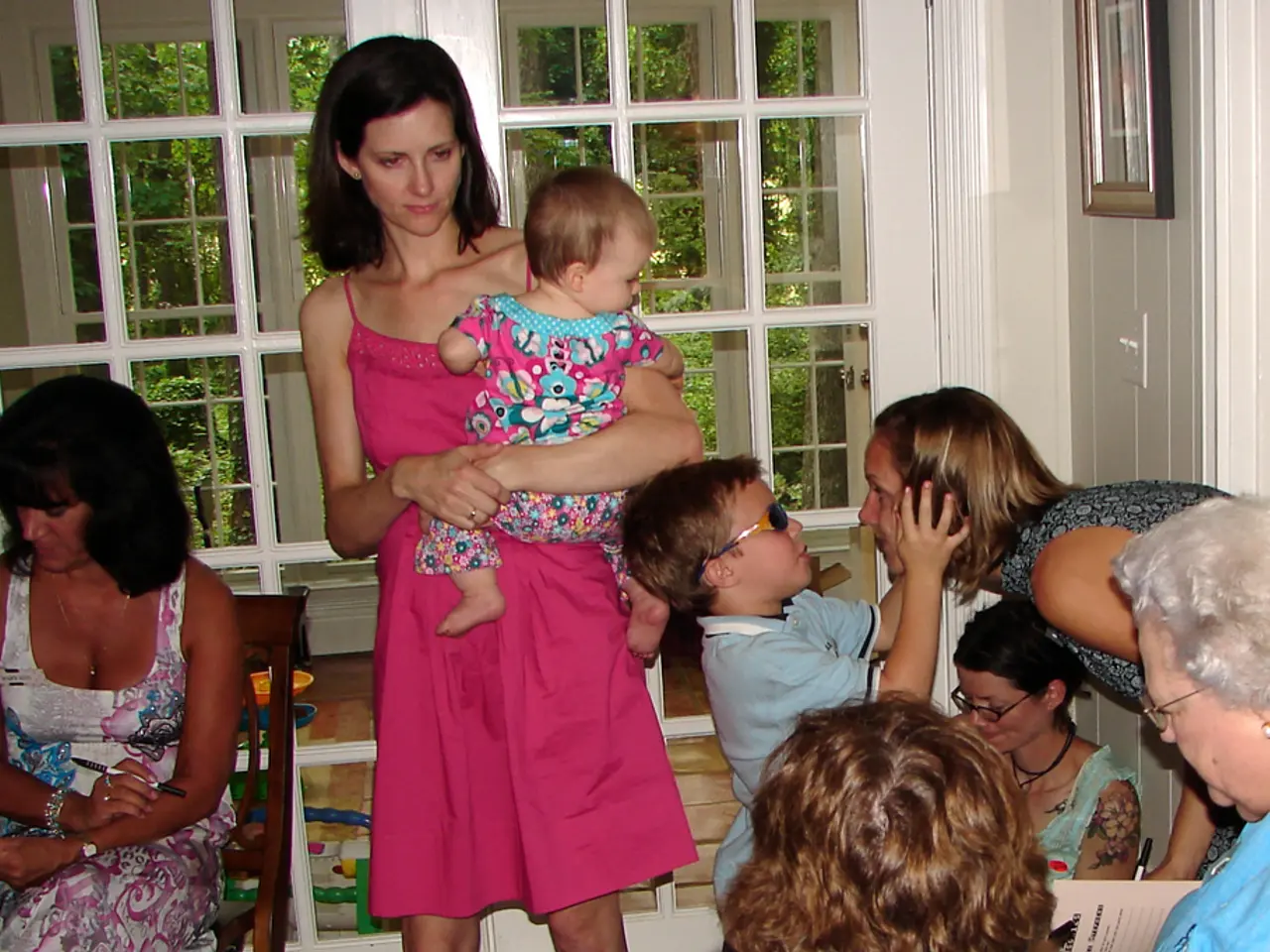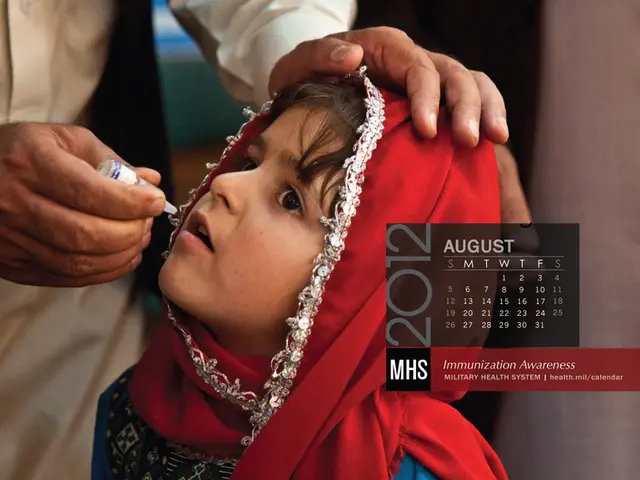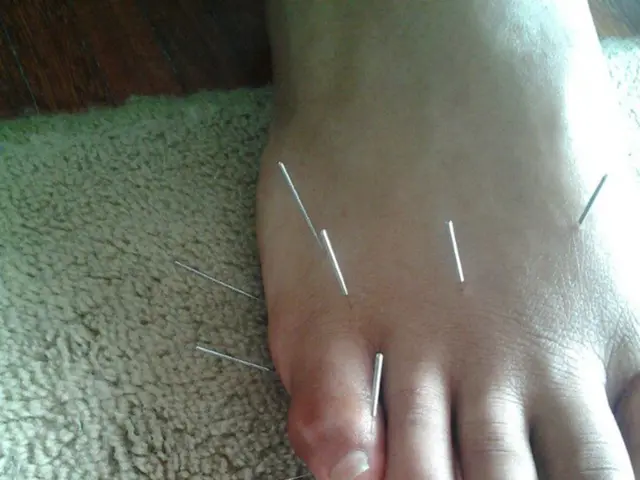Daughters' Unique Grief After Mother's Loss: When to Seek Help
The loss of a mother is a profound and deeply personal experience that can manifest differently for each individual. Daughters, in particular, may face unique challenges in navigating their grief, with cultural and traditional losses and a lack of maternal guidance potentially exacerbating their personal pain. It's crucial to understand the stages of grief and seek immediate help when it becomes overwhelming.
Grief can present with immediate symptoms and progress through stages. For daughters, the loss of a mother can be particularly devastating, as it may involve the loss of cultural heritage and the absence of maternal guidance. This can lead to a range of emotions, including regret, remorse, anxiety, guilt, emptiness, rage, anger, sadness, and numbness, all of which are normal in the year following the loss.
Differences in how daughters or sons grieve can arise due to varying emotional expressions, socialization, and individual coping mechanisms influenced by gender roles and personal relationships with the mother. Daughters may experience grief more severely due to these factors. However, it's important to note that grief is a highly personal experience and can vary greatly from person to person.
Coping strategies can help manage the grief process. These may include keeping up with traditions that honor the mother, focusing on happy memories, seeking maternal figures for support, practicing mindfulness, helping others, and seeking professional support when needed. If grief becomes overwhelming or persists for more than a year, immediate help is available through the 988 Suicide and Crisis Lifeline or the Crisis Text Line.
Losing a mother can have profound physical and psychological effects, including an increased risk of health issues and depression. It can also strain family relationships and leave individuals feeling isolated. If grief impairs daily functioning or persists for longer than a year, it's crucial to speak with a mental health professional. Remember, it's okay to ask for help, and there are resources available to support you through this challenging time.
Read also:
- Experiencing Life's Variety Firsthand: Gaining Insights from Life's Broad Spectrum of Experiences
- Impact of Complex Post-Traumatic Stress Disorder on Romantic Relationships: Symptoms, Causes, and Precautions
- Strategies for Keeping Work Reasonable and Rewarding for those with Autism and ADHD
- Impaired Driving Awareness Campaign Announced by MADD Under the Name "End Herre"








